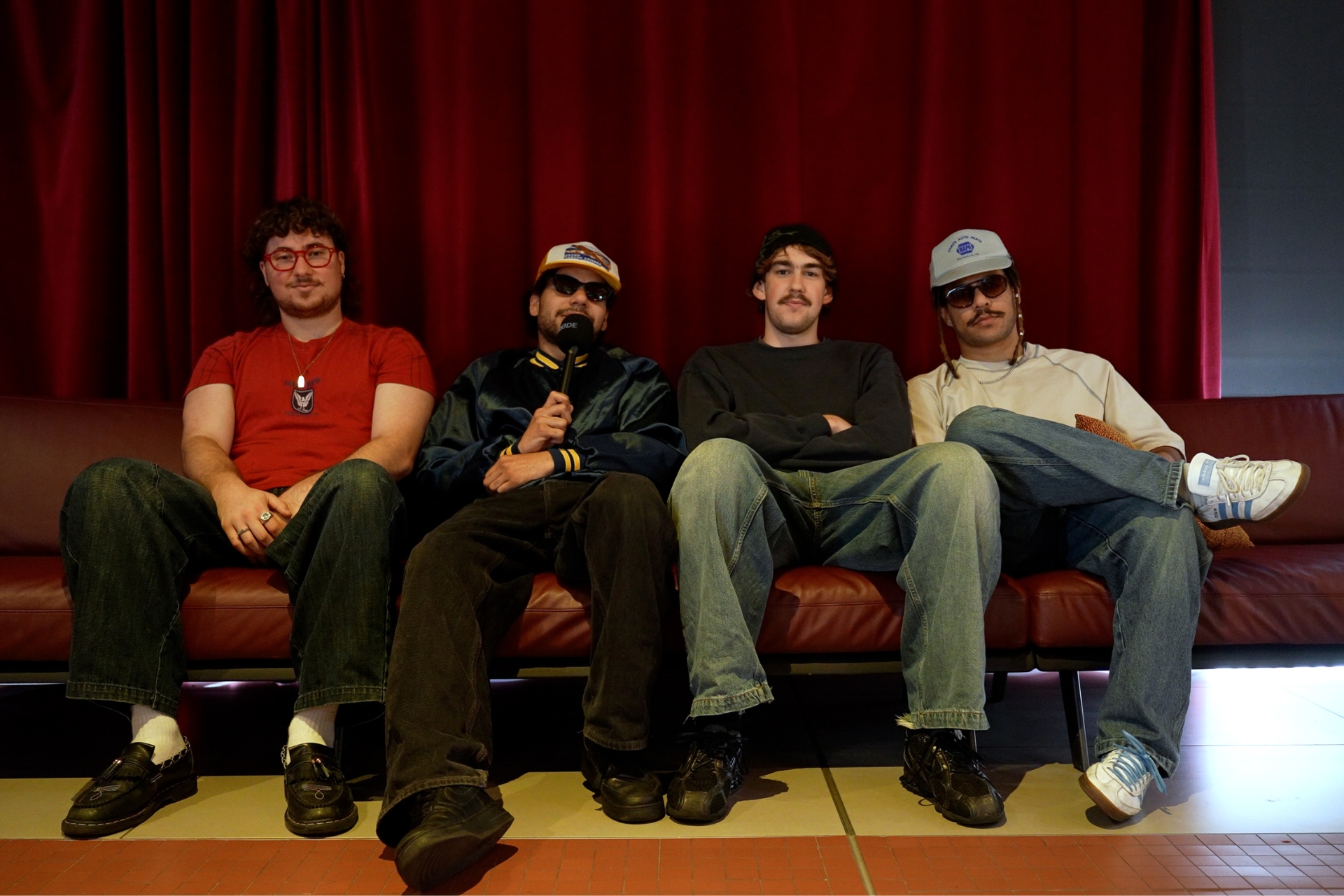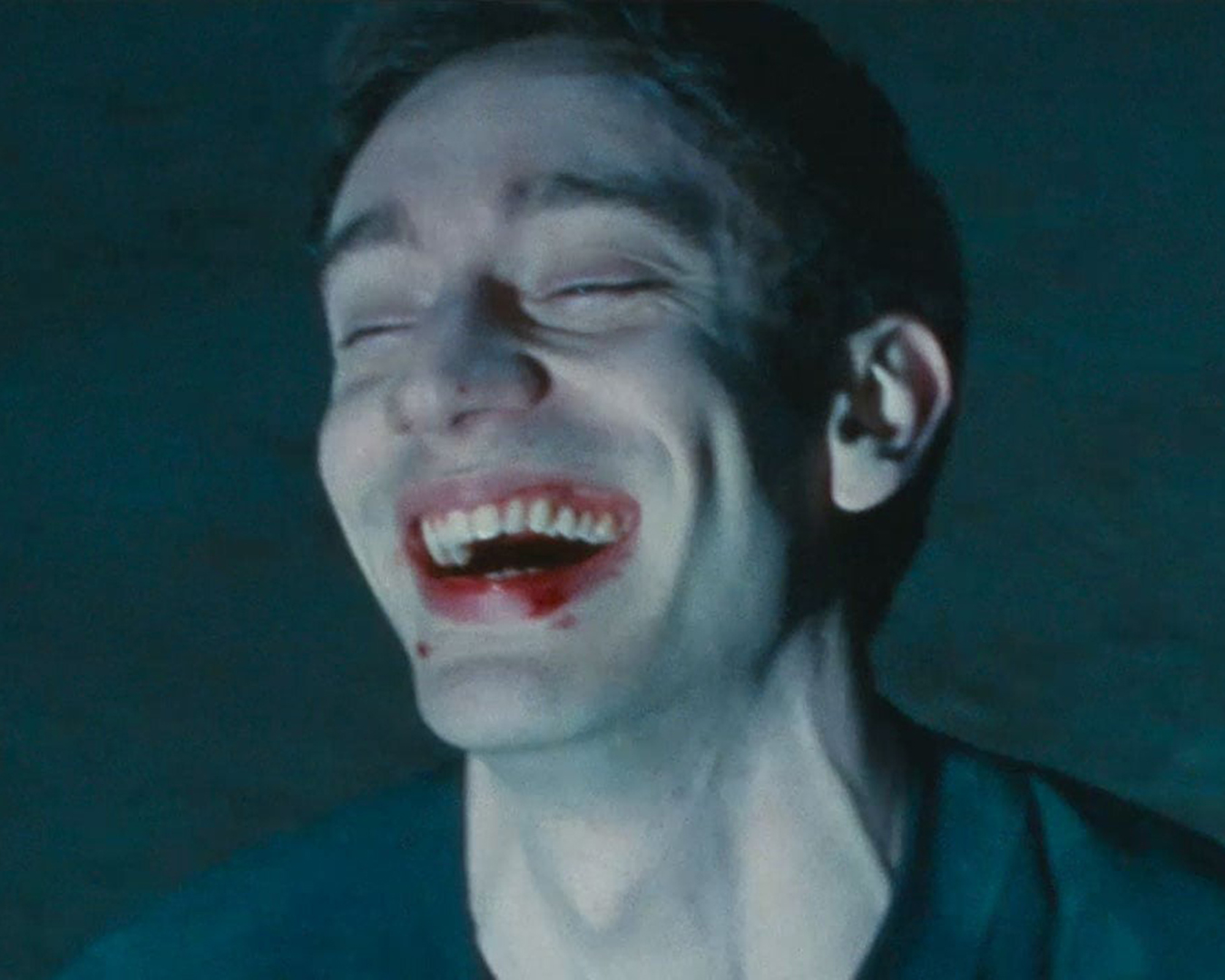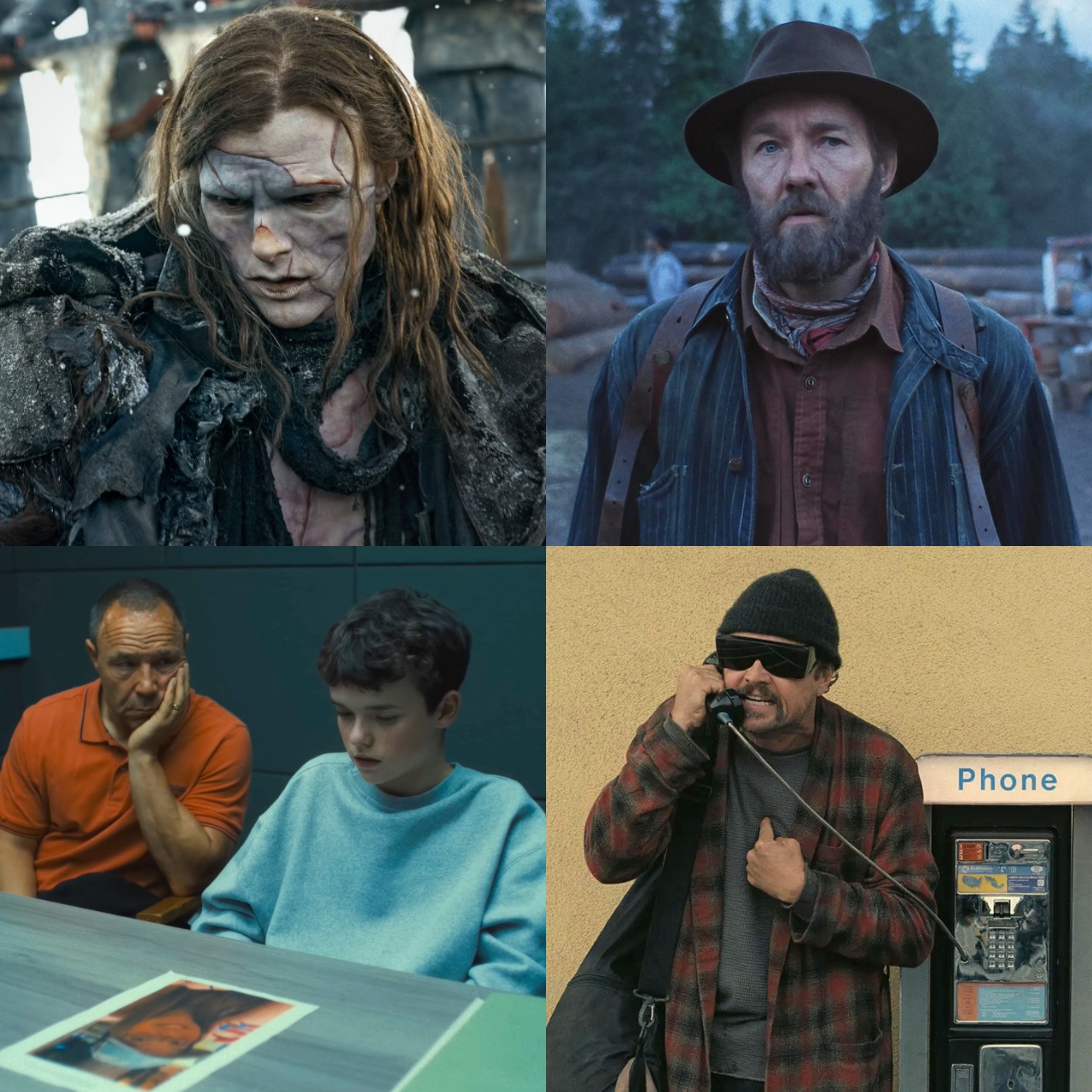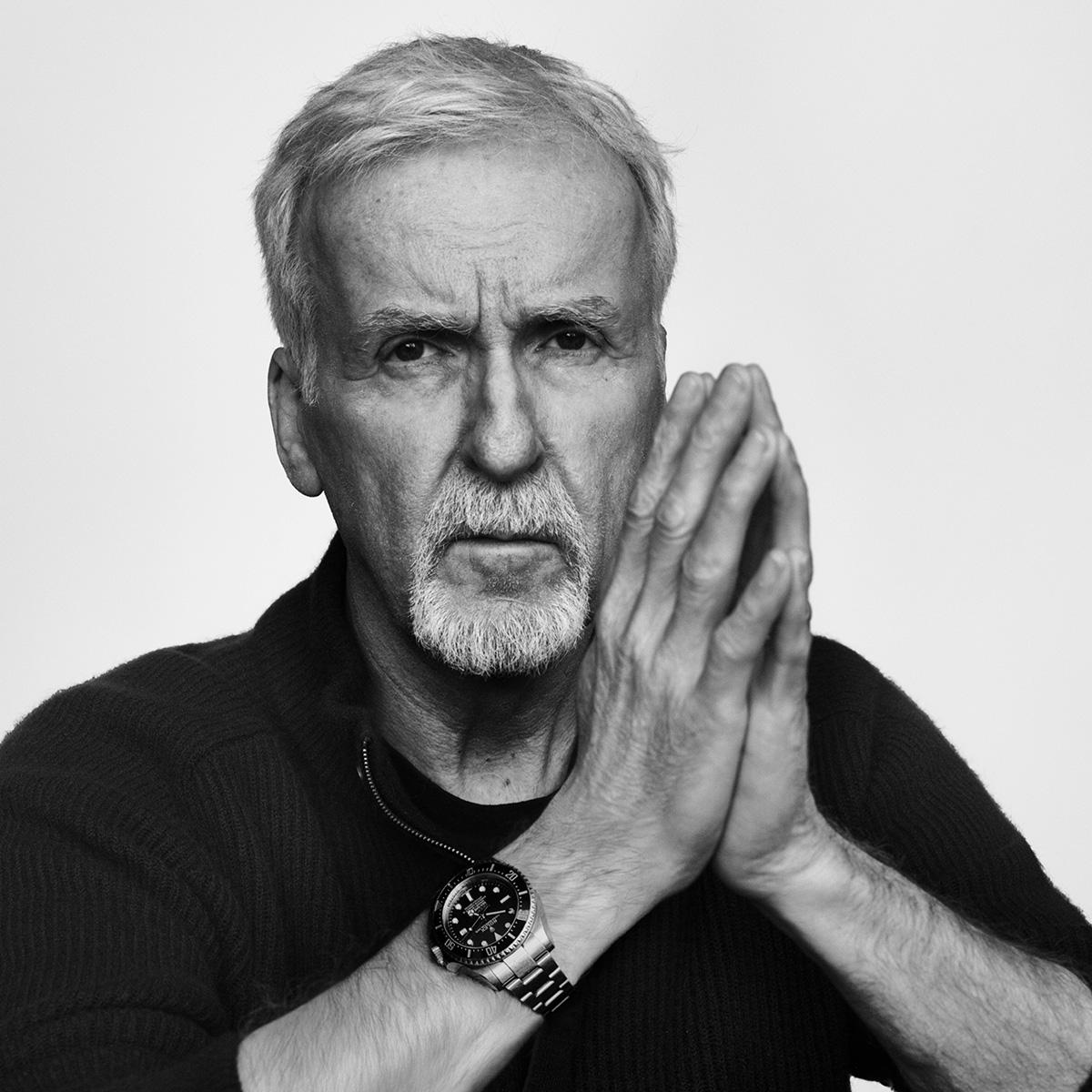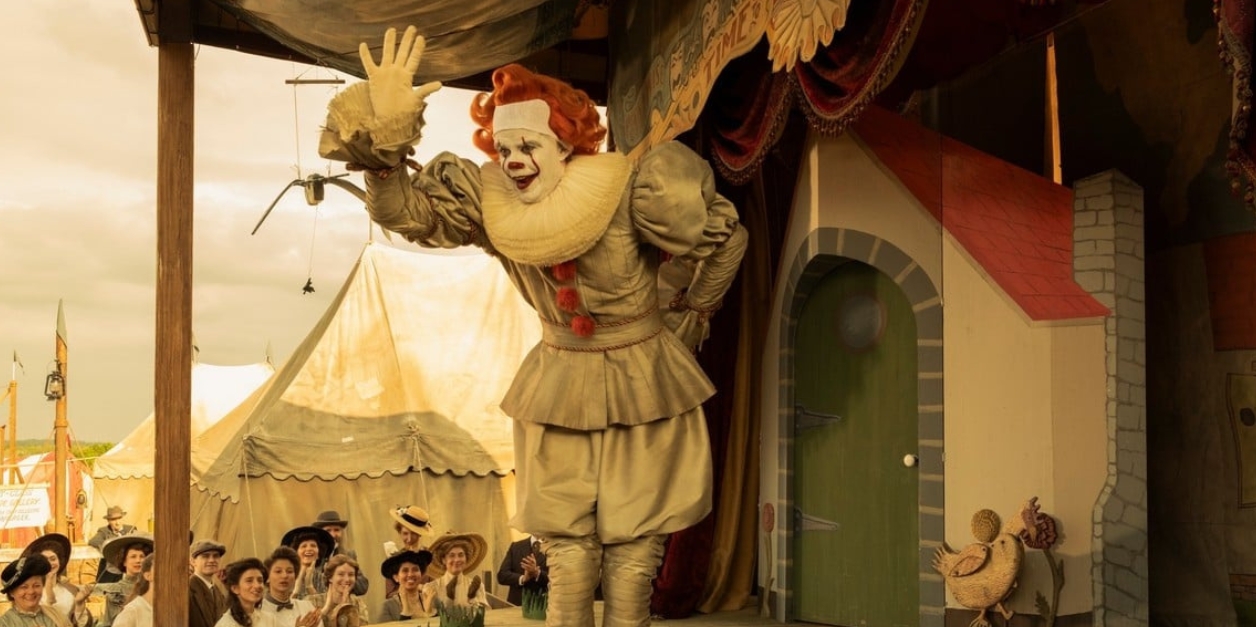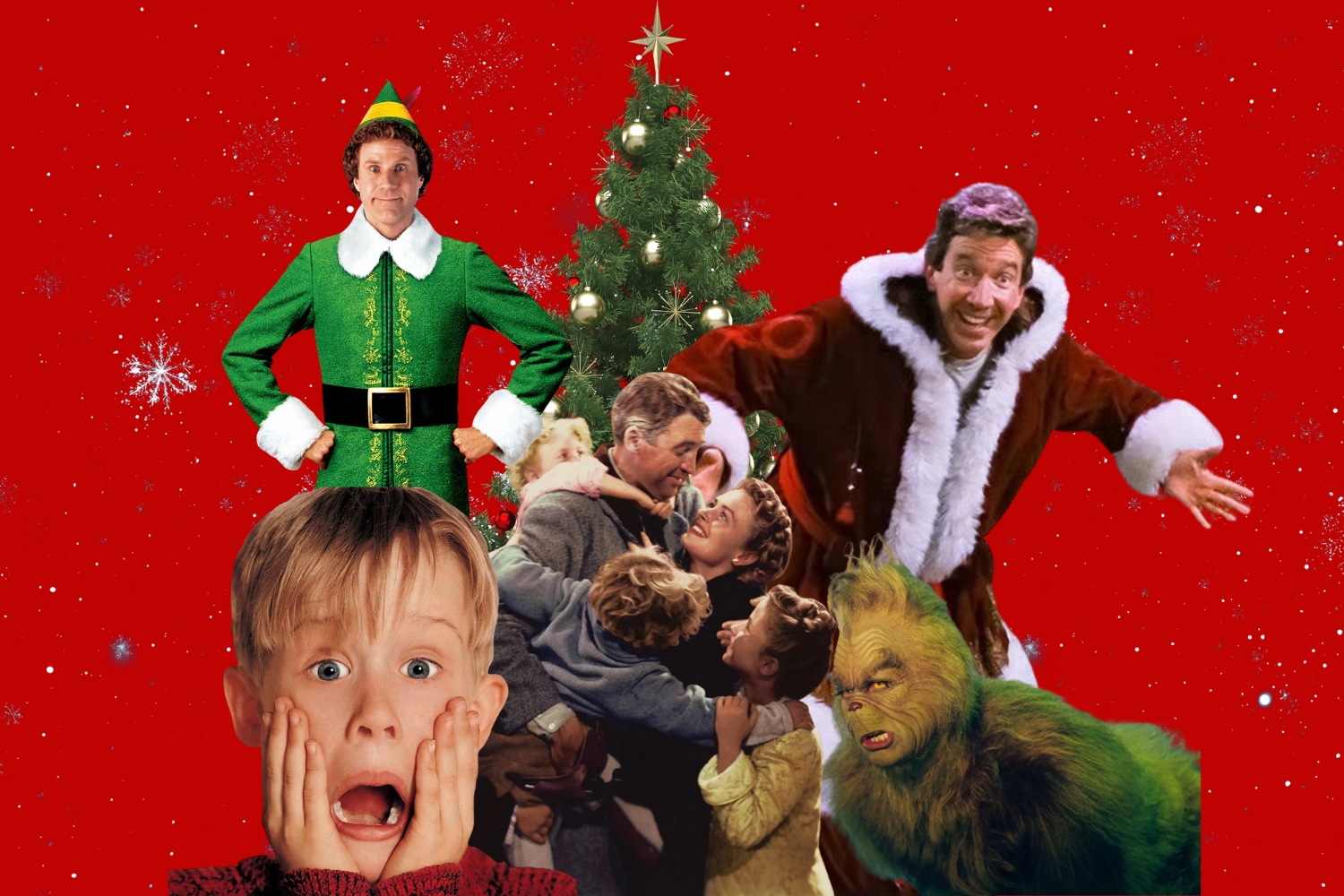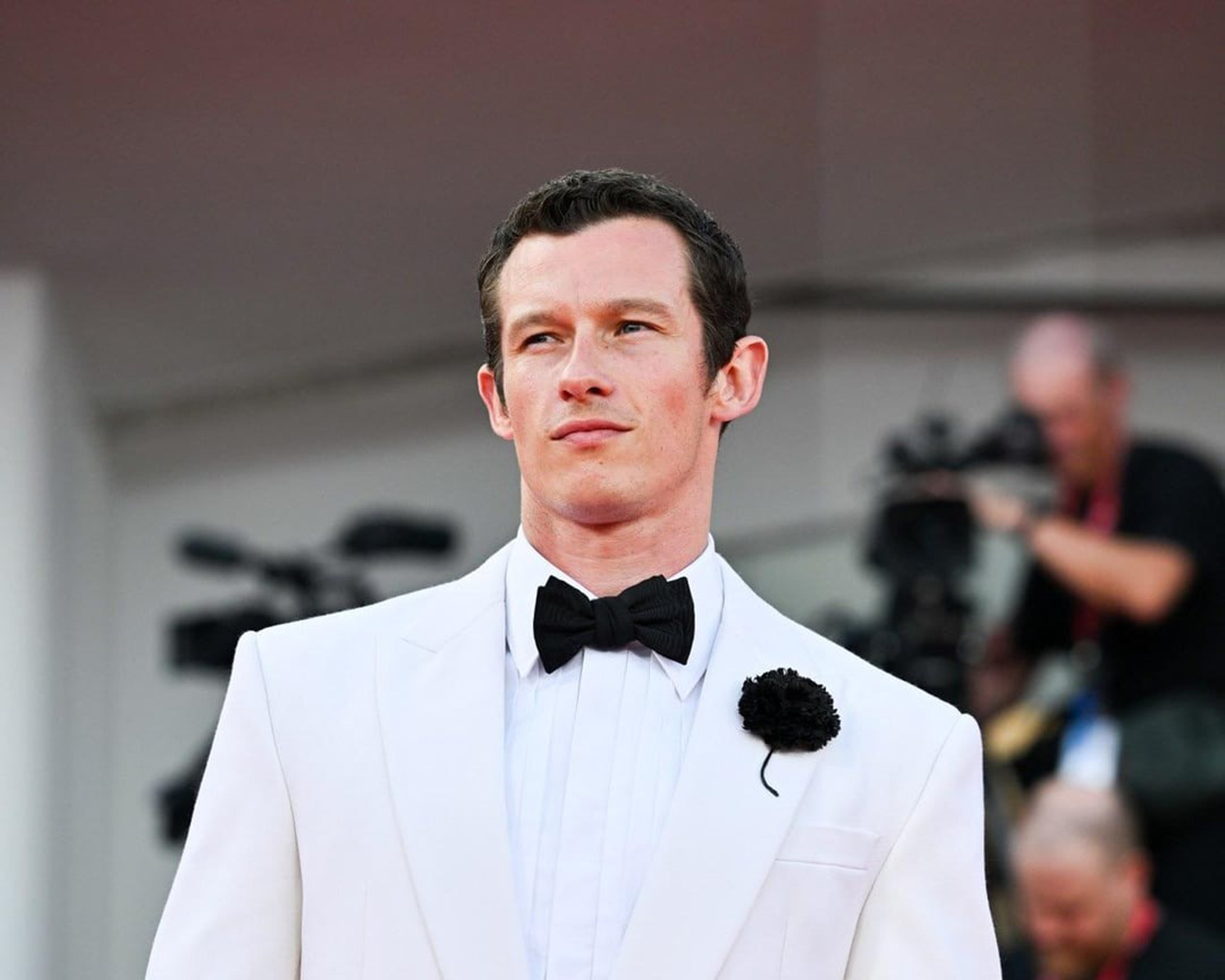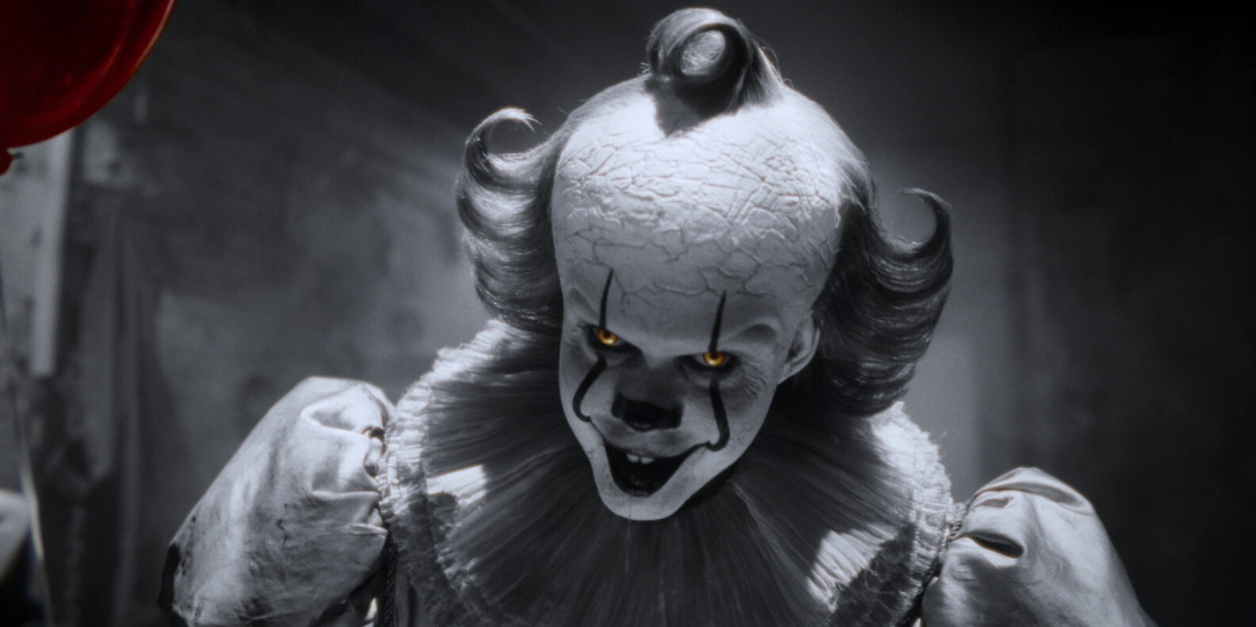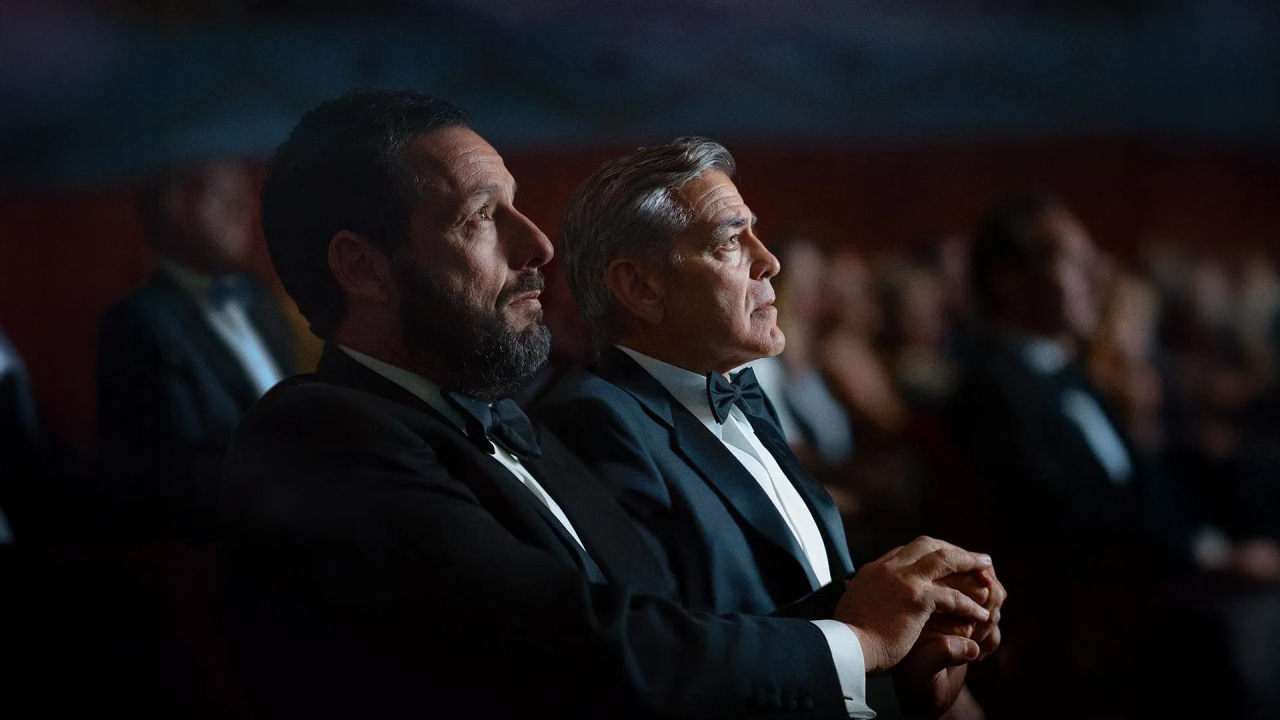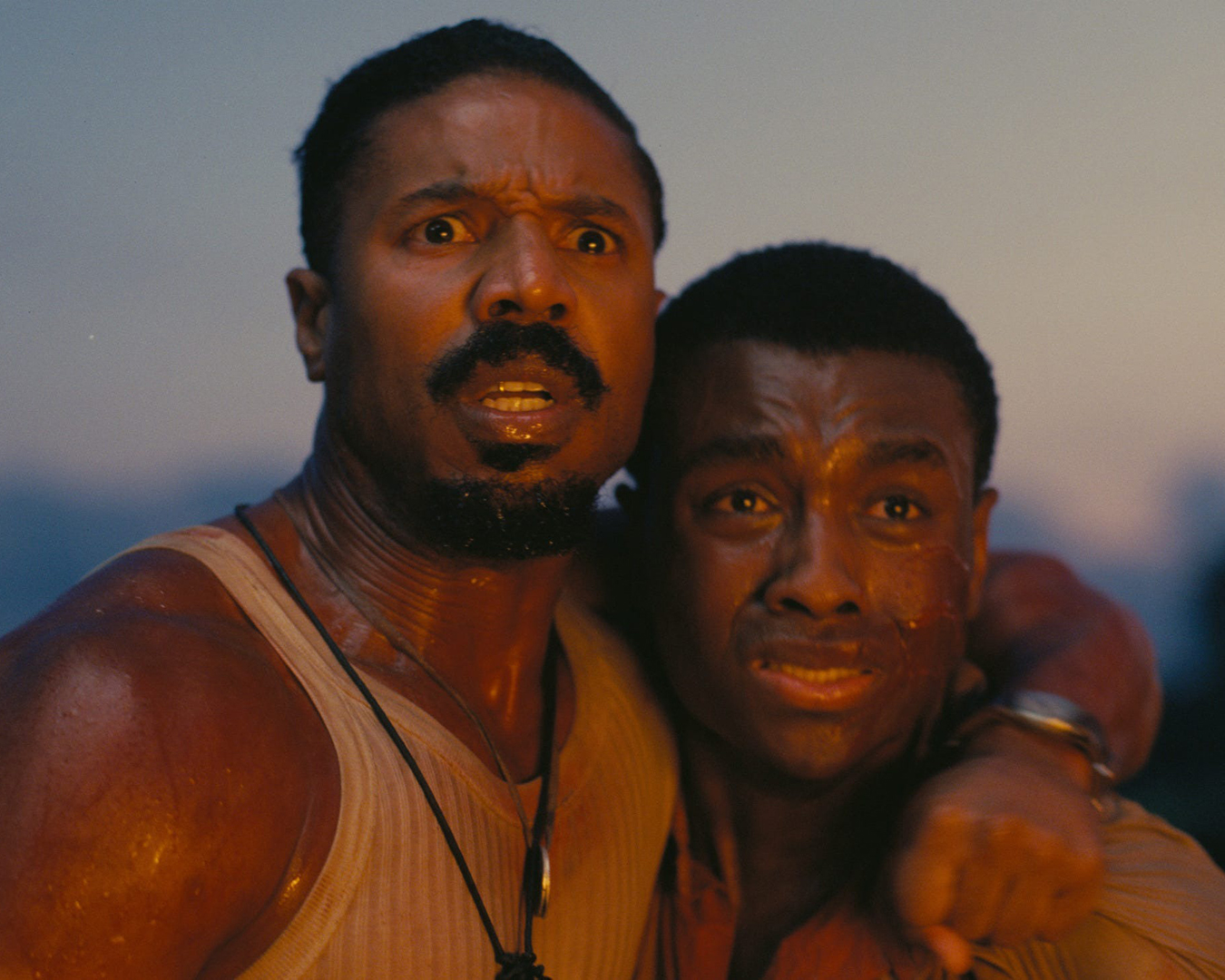17 life lessons, as told by Dr Karl
The beloved scientist, author, doctor and radio host takes part in Esquire's long-running interview series, What I've Learned
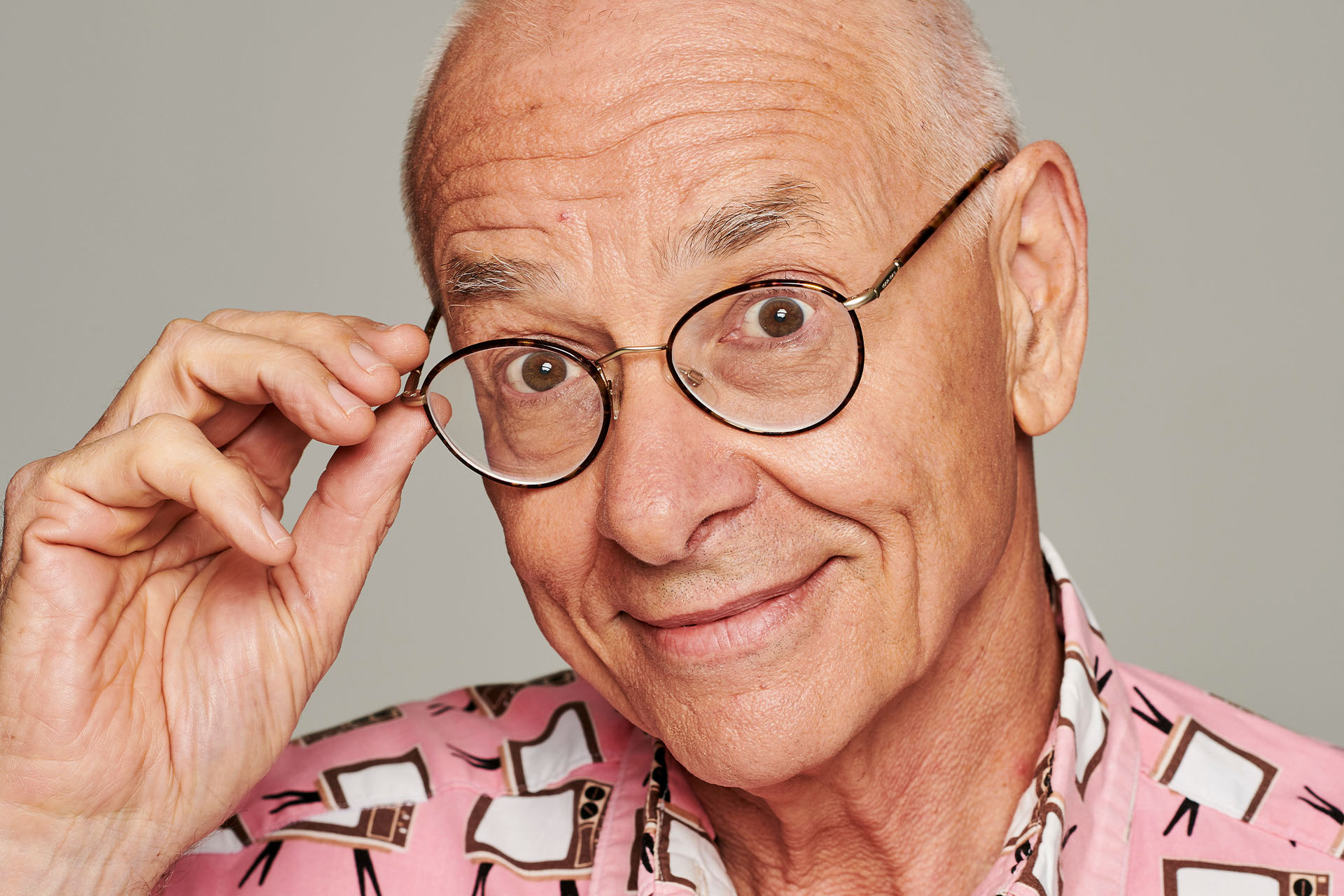
IF YOU TUNE INTO Triple J on a Thursday morning from 11am to midday, you’ll be on the receiving end of a brain massage courtesy of Dr Karl. The scientist, doctor, author and radio host has become one of Australia’s most beloved media personalities; his mind is like a rolodex of science-related facts, and his ability to provide a coherent answer to the nichest questions – on the spot, mind you – is nothing short of astounding. But when we asked Dr Karl to be a part of the Aussie iteration of Esquire’s long-running interview series, What I’ve Learned, we quickly discovered there’s far more to the expert than his ability to explain the entire periodic table (which, by the way, inspired the punny title of his memoir, A Periodic Tale).
Read on to find out 17 lessons he’s learned throughout life, from during his “drug-crazed hippie years” to his time spent working in a children’s hospital.
I have only one major memory of first coming to Australia [from Sweden, in 1950] and living in a migrant settlement: I noticed my parents weren’t eating the eggs we had. I was eating them, and it was only later I realised that my parents were giving them up for me. That’s stuck with me.
One time when I was a kid, I was with my [Polish-born] parents in downtown Wollongong, and we were speaking in different languages. A boy from my school came up to me and demanded that we “speak in English, you bloody w*gs”. From that moment I never spoke in any language other than English, which ended up isolating me from my parents because they weren’t as fluent in English.
I was the kid who was always on the outside at school. I belonged to a minority group and people would call us “bloody reffos” [refugees]. So, on the whole, school was not a great time.
Libraries can be a light in the dark. They hold so much knowledge and culture.
Science fiction is a great way to let your mind run free. The first science-fiction book I ever read was called Thunderbolt of the Spaceways [Hereward Ohlson, 1954]. It was a space opera sort of thing, with a pirate who had a spaceship. It was a mind-blowing concept for me at the time and it started my love of sci-fi.
I somehow taught myself to read at 1000 words a minute when I was young. I had a reasonable grasp of what the stories were about, although I didn’t get into all the emotional details. Luckily there wasn’t too much of that in science fiction back then.
Reading so much, especially in low light, is almost certainly what caused my shortsightedness. We know that reading in the dark can cause issues with eyesight now. Unfortunately, I didn’t know that then.
Working as a ditch digger taught me that every job requires skill. You’ve got to know the difference between a spade and a shovel, the difference between a long handle and a short handle, and you’ve got to know how to use your foot. It taught me about the pride of workmanship and that no job is really menial.
During my drug-crazed hippie years I was doing no forward thinking at all. I was just drifting along like a Paddle Pop stick in the gutter. I was lucky, and things turned out okay, but it could’ve been different.
One thing that came out of my hippie years were a lot of mechanical skills because I worked as a mechanic, and I also learned filmmaking. Almost accidentally, that gave me some of the skills I needed to work as a scientific officer at a hospital.
Working in a children’s hospital [in Sydney] was the best job I’ve ever had. It was certainly the most satisfying, because there I could help fix not just the kid, but the whole family.
Leaving the hospital was one of the hardest decisions I’ve made. I left [in 1991] because what the media was doing surrounding vaccines caused a drop in herd immunity and ultimately led to the death of a young child. I decided I could do more good by going into the media and speaking out. I’ve got a lot of flak for it over the years, especially talking about getting COVID vaccinations on X [formerly Twitter], but it’s an important message.
Social media can be messy. On X, we just block [trolls] like crazy; sometimes on my account we’ll block 1000 people in a day.
If you’re only talking to one person, you can only change one person’s mind. That’s why I went into radio,
to reach a wider audience.
I know I’m doing good when I get emails from people thanking me for convincing them or their family
members to think differently.
I’m not bothered by negative feedback. Haters gonna hate, as the great goddess herself [Taylor Swift] says.
I don’t regret many of the decisions I’ve made. But if I could’ve seen into the future, I would’ve made a whole bunch of decisions differently. I would’ve become fabulously wealthy, for one, and I would’ve taken Rupert Murdoch on an acid trip and convinced him to become a massive greenie. Maybe then we wouldn’t have this big climate crisis going on.
Dr Karl’s memoir, A Periodic Tale: My Sciencey Memoir (ABC Books), is available now; $45.
Related:












